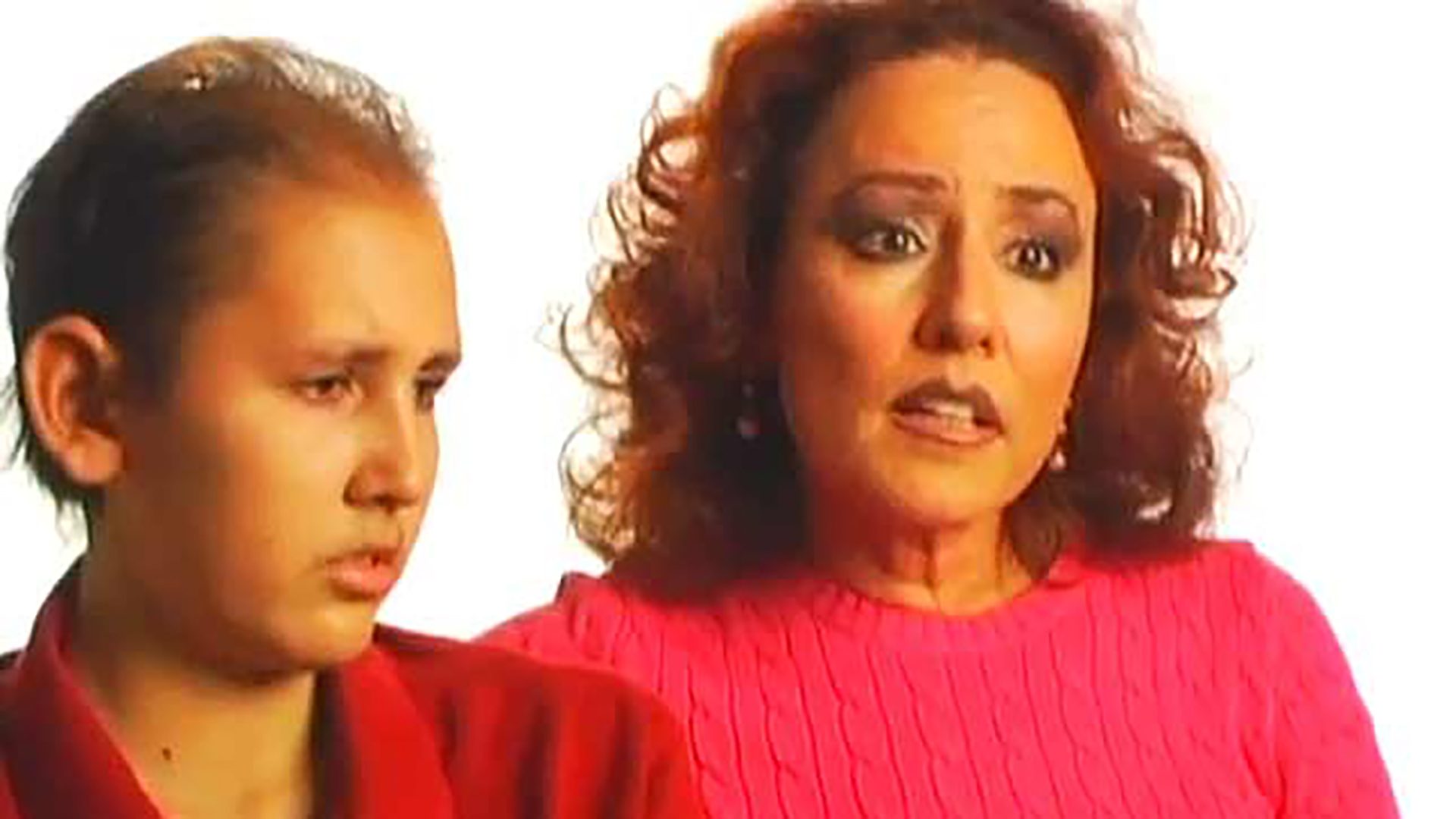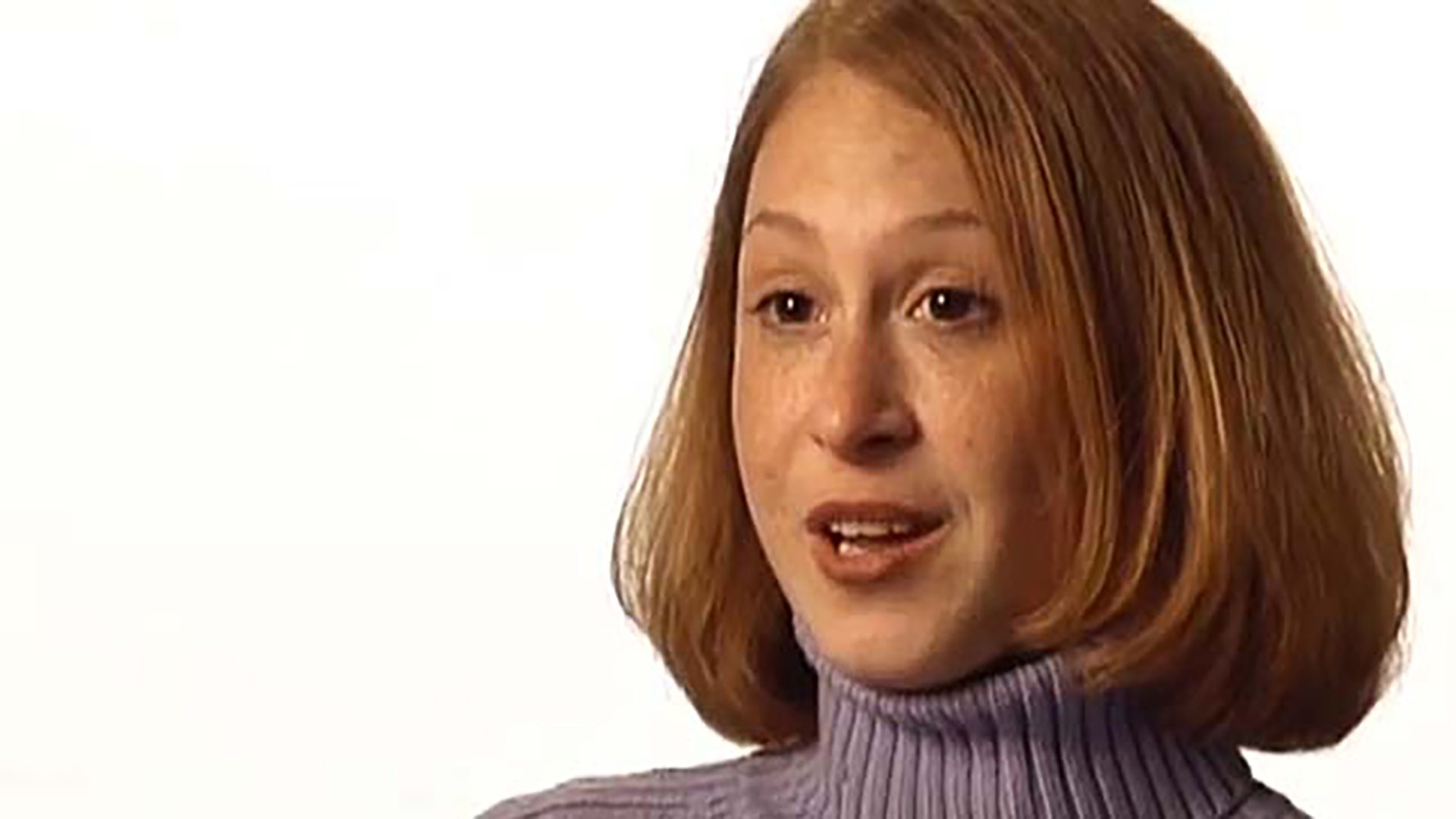Late Effects of Cancer Treatment

Not all cancer survivors will experience late effects. If you do, they may appear soon after treatment or up to years after treatment ends. Let your loved ones know that this can happen. In most cases, the earlier these late effects are identified, the easier they are to treat. Ask your health care team about what late effects could occur. This will help you and those close to you know what to watch for.
Late effects vary from one cancer survivor to the next. They can range from very mild to serious. Medical experts can’t always predict if or when they will occur. Some effects might improve or go away with time such as anemia. Others might be permanent such as certain types of nerve damage. If late effects of treatment do occur, it doesn’t mean that your health care team did anything wrong. In most cases, the effects could not have been avoided.
Be sure to report any of the following signs or symptoms to your health care team right away. Early medical attention can often reduce problems that can come from late effects.
Questions to Ask Your Health Care Provider
- What are the best resources for information about late effects for my type of cancer?
- What are the possible aftereffects of the medications I have been taking?
- What is the best way to manage aftereffects?
- Will you provide me with a treatment plan summary now that I have completed cancer treatment?
- Which provider should I see if symptoms or problems develop?
- Which provider should I contact with other medical needs?
- What is the best way to explain aftereffects to my employer?
Late Effects of Surgery
The effects of surgery depend on the area of the body (or site) where the surgery is performed. Risks have been lessened by new and improved surgical methods but late effects may still occur.
A tumor may affect healthy tissue as it grows if it damages or kills normal cells. Damage can also occur if the healthy tissue around a tumor is removed during surgery. This might be done to make certain that all of the cancer cells are removed and thus may be necessary for appropriate cancer treatment. Late effects of surgery include:
- Scarring at the surgical site.
- Problems fighting infection.
- Lymphedema or swelling of arms or legs.
- Nutritional problems.
- Cognitive problems such as trouble focusing or memory loss.
- Changes in sexual function or fertility.
- Pain that may be chronic or long term.
- Difficulty with speech or swallowing.
Physical changes can also bring emotional aftereffects. This can happen even if others cannot see the changes. For example, a survivor could feel self-conscious about a scar, even if it is hidden by clothing. There may be concerns about body image.
Late Effects of Chemotherapy
Chemotherapy medicines interfere with the rapidly growing cells of the body. These cells can include those related to hair, skin, fingernails or the stomach lining. This is why chemotherapy can cause temporary side effects. These include mouth sores, upset stomach, hair loss or skin rashes. Side effects usually improve as the normal (or non-cancer) tissues repair themselves.
Not all chemotherapy medicines have the same late effects. A lot depends on the kind of medicines used. The dosage and whether chemotherapy was done with another type of treatment are also important. If an organ is damaged, a lot depends on whether it can repair itself. Before starting treatment, ask your health care provider about the possible after-effects of all the medications you will receive. Late effects of chemotherapy include:
- Fatigue.
- Difficulty with focused thinking (sometimes called chemo brain).
- Early menopause.
- Heart problems.
- Reduced lung capacity.
- Kidney and urinary problems.
- Nerve problems such as numbness and tingling.
- Bone and joint problems.
- Muscle weakness.
- Secondary cancers.
Late Effects of Radiation Therapy
Radiation therapy is applied to the areas of the body that are affected by cancer. Aftereffects occur only in the area that was treated. In some cases, treatment may also include healthy tissue. This is to make certain that all of the cancer is treated.
Newer methods of radiation therapy help minimize damage to normal tissue. Treatment is directed to the same area each time. Yet, radiation rays sometimes scatter. Tissues and organs near the cancer site might receive small doses of radiation if this happens. Late effects of radiation could include:
- Cataracts.
- Fatigue.
- Dry mouth.
- Permanent hair loss.
- Problems with thyroid or adrenal glands.
- Infertility.
- Slowed or halted bone growth in children.
- Decreased range of motion in the treated area.
- Skin sensitivity to sun exposure.
- Problems with memory or ability to learn.
- Secondary cancers such as skin cancer.
Fatigue
Fatigue or feeling physically exhausted is a very common aftereffect of cancer and treatment. Fatigue can affect you mentally and emotionally. You may have no energy to do things that are important to you. Yet fatigue can usually be successfully managed medically. The causes of fatigue can include physical problems such as pain, stress, anemia or the side effects of treatment. Sometimes the cause is emotional such as depression. Other times, the cause might not be clear.
Be certain to talk with your health care team if you are fatigued. Describe your level of fatigue by using terms like mild, moderate or severe. Your team will try to find out what is causing the fatigue so they can provide the best treatment.
Day-to-Day Challenges
In the past, treatments for many types of cancer were more severe than today. If you received cancer treatment many years ago, you may already be living with late effects. Late effects of treatment can affect day-to-day life activities, such as:
- Difficulty working due to physical or emotional issues.
- Changes in relationships with loved ones, friends or coworkers.
- Impact on self-esteem.
- Difficulty getting health or life insurance.
- Difficulty communicating concerns to others.
- Financial stress.
Some problems start during treatment and continue after treatment is done. Other late effects may not appear for months after treatment has been completed. Keep track of unexplained symptoms and problems. This will help you talk with your health care team and loved ones. Work with your health care team to develop a health care follow-up plan that will be part of your Survivorship Care Plan.
Treating Late Effects
In addition to talking with your health care team about what late effects you might expect for your type of cancer and treatment, it may also be helpful to talk with other cancer survivors. There are likely to be others who have been through similar experiences. Sharing information might help you find new ways to manage challenges.
Your oncology team will probably continue to see you for a period after treatment is done. Your health care will then be returned to your primary care physician for most matters. However, many providers are not trained in the aftereffects of cancer. Contact your oncology provider if you begin to have problems that may be related to cancer or its treatment.

